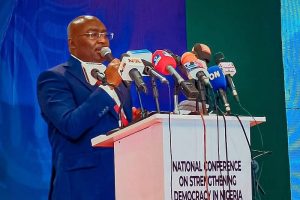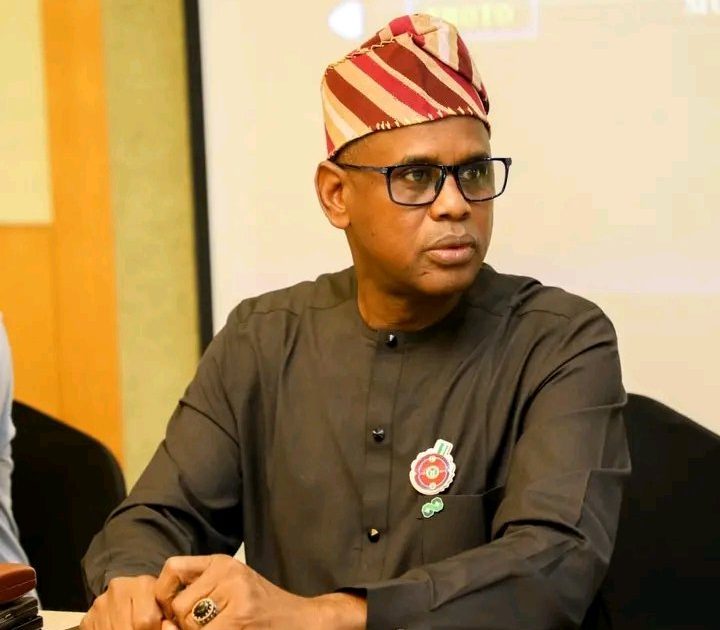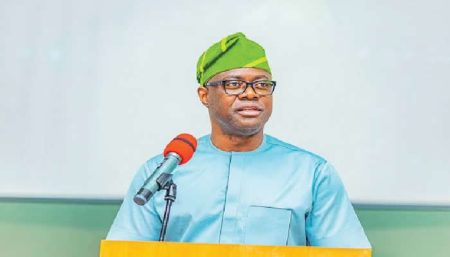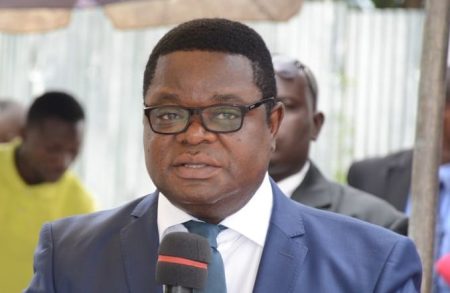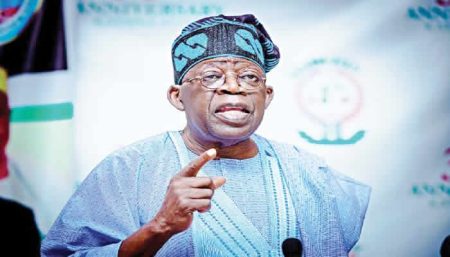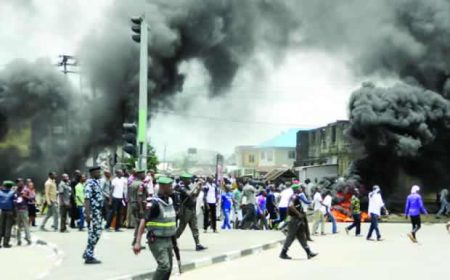The Minister of State for Works, Muhammad Bello Goronyo, has highlighted the pressing need for alternative funding mechanisms to address the substantial financial demands of maintaining and expanding Nigeria’s extensive federal road network. The current budgetary allocation, despite being a significant N926.2 billion for road projects and N64.88 billion for maintenance in the 2025 budget, is insufficient to adequately cover the over 35,000 kilometers of roadways under federal jurisdiction. This has prompted the exploration of innovative funding approaches beyond traditional government coffers to ensure the long-term sustainability of this critical infrastructure. Goronyo emphasized this during a visit to the Kogi State Field Office of the Federal Roads Maintenance Agency (FERMA), underscoring the government’s commitment to timely and efficient project completion with stringent oversight and contractor compliance.
The minister’s call for alternative funding reflects a recognition of the long-standing challenge of maintaining Nigeria’s vast road network. Years of reliance on budgetary allocations, often subject to fluctuations and competing priorities, have proven inadequate to address the sheer scale of the task. The 35,000 kilometers of federal roads require ongoing maintenance, periodic rehabilitation, and occasional expansion, all of which demand substantial financial resources. The minister’s assertion that these roads “cannot be funded and maintained overnight” underscores the need for a sustained and strategically planned approach to funding, moving beyond ad-hoc allocations and embracing more sustainable models. The exploration of alternative funding, such as public-private partnerships, toll systems, and dedicated infrastructure funds, could provide a more reliable and consistent revenue stream for road development and maintenance.
Central to the government’s focus is the timely and efficient completion of road projects. Goronyo emphasized the importance of robust oversight and contractor compliance, indicating a commitment to ensuring that allocated funds are used effectively and that projects adhere to established timelines and quality standards. This focus on accountability and efficiency is crucial for maximizing the impact of investments in road infrastructure and building public trust in the government’s ability to deliver on its promises. By prioritizing effective project management and enforcing contractual obligations, the government aims to minimize delays, cost overruns, and potential corruption, ultimately contributing to a more robust and sustainable road network.
Underlying the emphasis on road infrastructure development is the current administration’s commitment to addressing broader socio-economic challenges. The minister linked improved roads to a reduction in unemployment, crime rates, and insecurity. Efficient transportation networks facilitate trade, commerce, and access to markets, creating economic opportunities and boosting employment. Improved connectivity can also enhance security by enabling quicker response times for law enforcement and emergency services. By investing in road infrastructure, the government aims to create a positive ripple effect, stimulating economic growth, improving public safety, and fostering a more stable and prosperous environment.
President Tinubu’s commitment to infrastructure development has been specifically lauded by the minister, highlighting the administration’s prioritization of road projects across the country. The ambitious “Super Highways,” spanning Ilelah to Sokoto to Badagry and Lagos to Calabar, exemplify this focus on large-scale infrastructure development aimed at transforming national connectivity. These projects, characterized by their extensive reach and potential impact, signify a strategic vision for improving transportation logistics, facilitating inter-regional trade, and fostering greater economic integration across the country. The minister’s praise of the President’s commitment underscores the political will driving this ambitious infrastructure agenda.
Beyond the focus on major projects, the government also recognizes the importance of maintaining existing roads and supporting the workforce responsible for this crucial task. Goronyo commended the dedication and resilience of FERMA staff, particularly in the face of challenges such as insecurity and inadequate funding. He acknowledged their contributions and assured them that their requests for salary adjustments and increments are being addressed through the appropriate channels. This commitment to supporting the workforce reflects an understanding of the vital role they play in maintaining the road network and ensuring the smooth flow of goods and people across the country. By addressing their concerns and providing adequate compensation, the government aims to maintain morale, retain skilled workers, and ensure the continued effectiveness of road maintenance operations.




